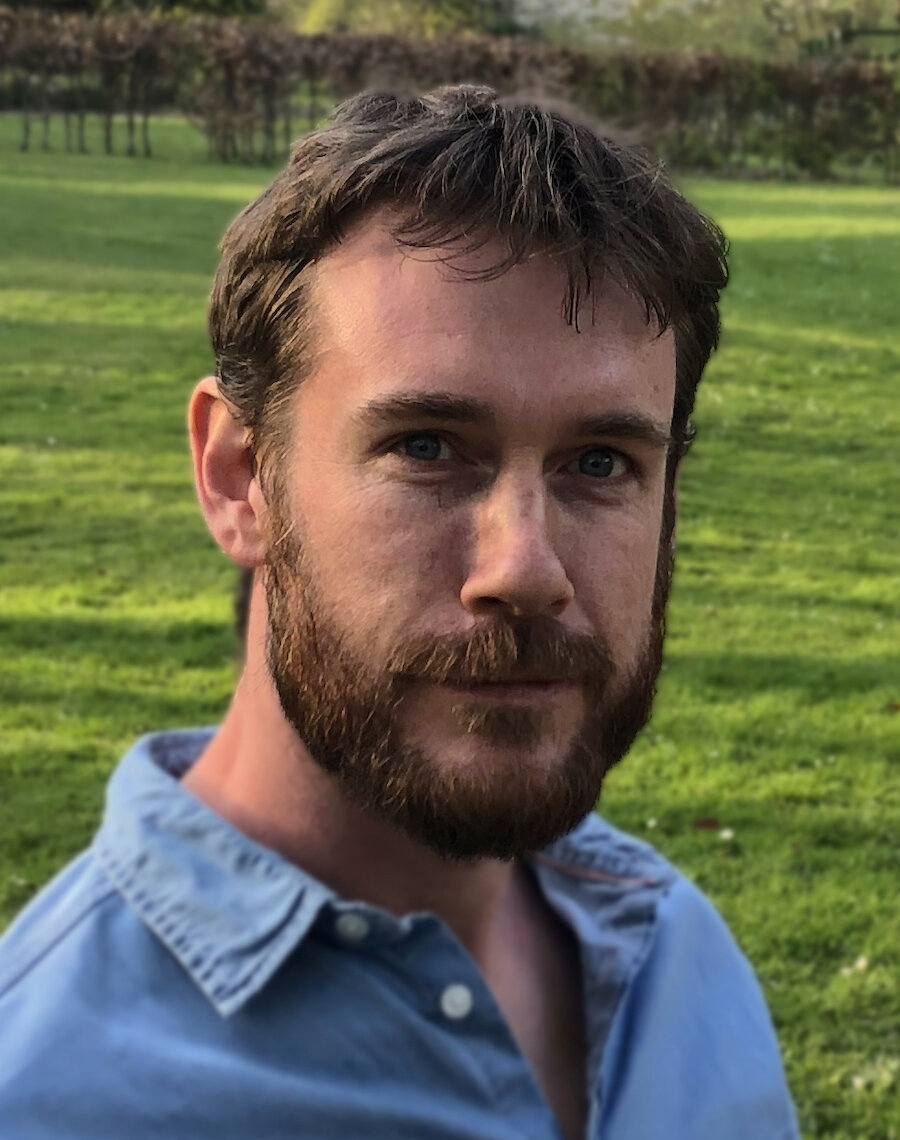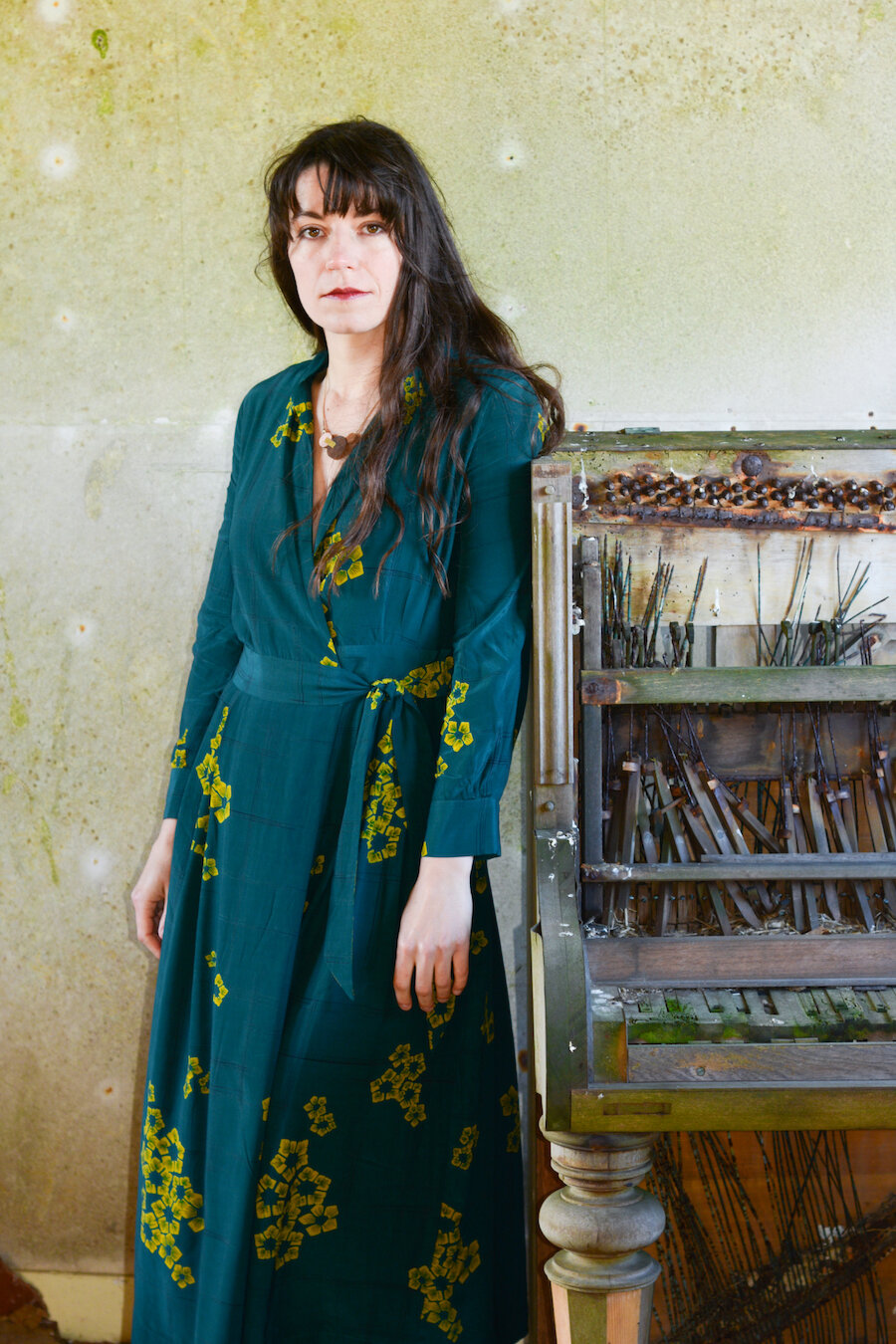Shetland's literary festival Wordplay is one of the highlights of September's cultural calendar. Getting lost in a new place can reap great literary rewards, as has been proven by Malachy Tallack, award-winning author and Wordplay curator. Tallack spoke to Claire Davenport about his creative process.
"Remoteness" is a tempting lens through which to see places, whether you're an artist or a writer; it adds a romantic tinge to everything. But "remoteness" is in the eye of the beholder, and artists who try to go beyond that, who seek closeness and intimacy with place, are always much more interesting.
This was something I learned while writing my first book, Sixty Degrees North. So many of the places I visited while researching that book – Greenland, Alaska, Shetland itself – are most often written about from the perspective of somewhere else, somewhere south, and the way they're written about reflects that.
Authors tend to emphasise distance and difference, rather than focusing on what makes each place unique. I wanted to try and get closer, and get past all the myths and preconceptions of northernness. There was a real benefit, in that sense, to coming from somewhere that was not south at all, but east (or west, depending on how you look at it).
2. How has your own approach to remoteness fed into your diverse curation of this year's Wordplay festival which features an interspersal of both local and non-local literary figures?
Wordplay has always been, and always should be, a festival where writers from Shetland and writers from elsewhere speak and perform alongside each other.
That's important for writers themselves, and for audiences too. I really wanted the programme this year to reflect a very broad range of stories, experiences and forms.
3. Shetland has long drawn both artists and writers for its rich heritage and unique landscape. Do you think it's possible for so-called fly-by observers to capture something novel and meaningful about Shetland and if yes, who in your view, has accomplished this?
I do think it's possible for newcomers to a place, and short-term visitors, to offer fresh perspectives, and to see things that others who have been there longer might miss.
Two of the writers visiting Wordplay this year, for instance – Cal Flyn and Gavin Francis – have both written extremely well about places they know only as travellers (including, in Gavin's case, about Shetland).
Additionally, artists and writers who come to stay in a place, who choose to make it their home, very often bring new ways of looking and thinking.
4. You praise the painter Joan Eardley's approach of standing still in one spot to accomplish greater intimacy with a space. Do you too use this in your creative process?
When I was writing Sixty Degrees North, there were two things I always did when visiting a new place. First, I would wander, without a map. I'd just walk around the place more or less at random, allowing myself to get lost, to go in circles, just to get a feel for it.
Next, I would sit down. Sometimes I would make notes, but often I'd just sit, watch, listen, over an extended period of time. There's so much you can learn just by being still in a place.
5. Booker Prize winner Salman Rushdie wrote that his seminal work Midnight's Children is based on the notion of the 'broken mirror', the memory of the expatriate insider looking back and in. Your writing too evokes a great deal of memory and you too live outwith Shetland. What do you make of Rushdie's observation and do you feel the removal from your home has changed your perception of the place?
My first book was mostly written while I was still living in Shetland; but moving away, as I did, helped me to finish it.
There's a change in perspective when you leave a place, of course, that can be liberating. For me, I felt I was able to see the book – and the memoir side of it in particular – more clearly from a distance. Memory distorts, naturally, but it also offers a different kind of space in which to think.
On the other hand, when I wrote my novel, The Valley at the Centre of the World, it was really important for me to spend more time in Shetland, in order to give the story the fully-grounded feeling I wanted it to have.
6. Do you think more needs to be done to promote greater collaboration in the Arts in the Highlands and Islands in the first instance and for that work to reach urban audiences in the second instance.
I think visual artists in particular, across the Highlands and Islands, are already finding ways to collaborate and promote each other's work. And that kind of network of peers can be just as important (even more so) than anything an institution could offer.
That said, artists in rural places do face difficulties when it comes to "professionalisation" – i.e. promoting and selling their work more widely, and I think some arts organisations recognise this. Those organisations are limited in what they can do when it comes to urban audiences taking "rural art" or "rural stories" more seriously, but they can (and sometimes do) offer practical and financial assistance.
7. Are you working on any fiction or music currently and if yes, what do we have to look forward to?
I have two books in the later stages of writing or editing at the moment. One is a non-fiction book, which will be published next summer; the other is a novel, due out in spring 2023.
Unfortunately, I can't say much more than that for now, but hopefully I'll be able to share some details very soon.
Shetland hosts many events and festivals throughout the year, find out more at our Events section.

